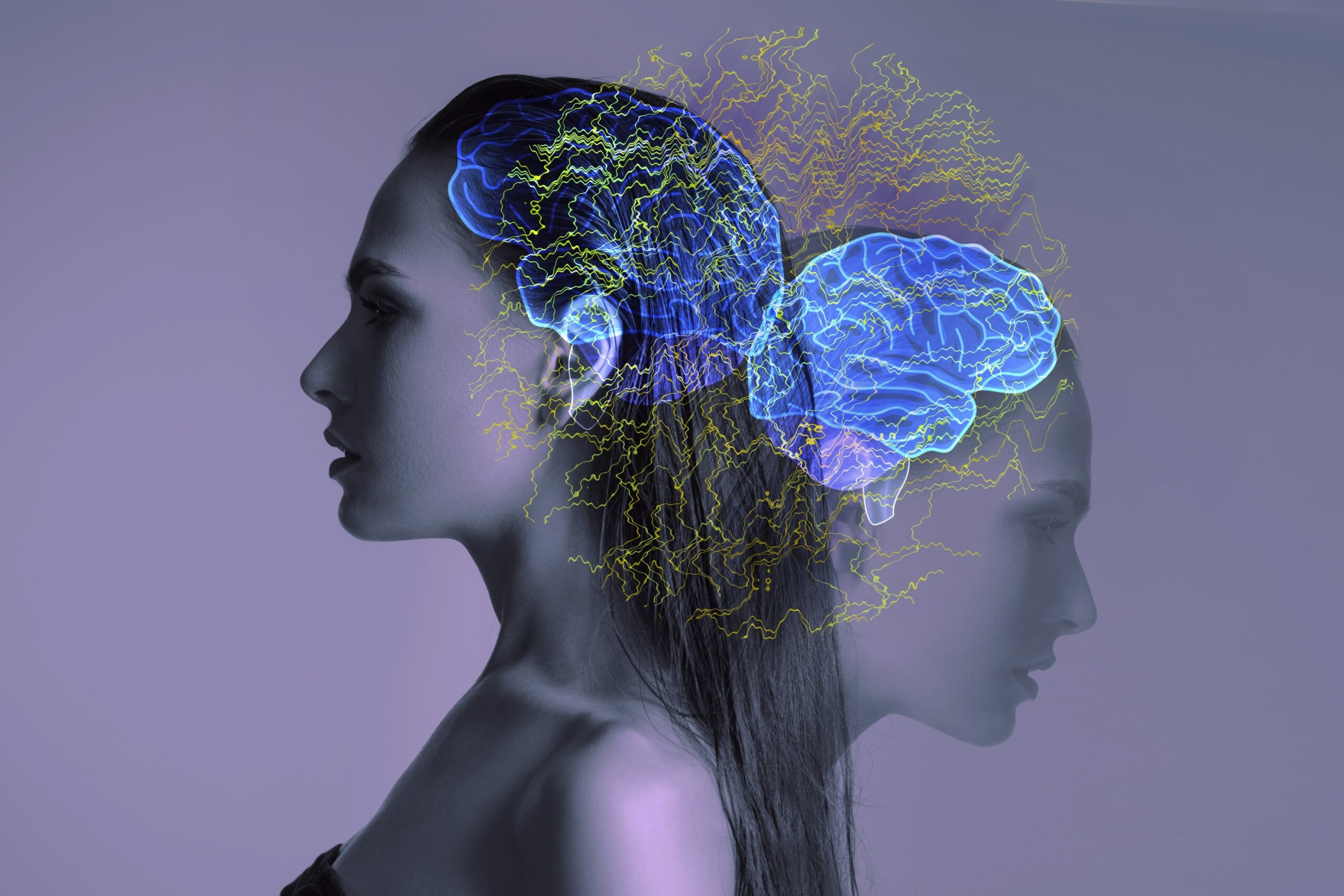AI & Youth Mental Health – a possible meeting of minds

In the ever-evolving landscape of mental health support, Artificial Intelligence (AI) is emerging as a promising ally. Over the next five years, we might anticipate a growing synergy between technology and mental health care for young people. In this blog post, we’ll explore the potential uses of AI in aiding the mental well-being of our youth, maintaining a balanced perspective.
1. Early Detection and Intervention: One of the most exciting prospects of AI in mental health is its ability to detect subtle signs of distress early on. Machine learning algorithms can analyze online activity and communication patterns to identify changes in behavior that may indicate mental health concerns. By flagging these changes, AI can help professionals intervene proactively.
2. Virtual Mental Health Assistants: Imagine having a virtual friend who listens without judgment and offers support when needed. AI-driven mental health chatbots are becoming increasingly sophisticated, providing a safe space for young individuals to express their feelings and receive guidance. These virtual assistants are available 24/7, reducing the stigma often associated with seeking help.
3. Personalized Treatment Plans: AI can analyze an individual’s mental health data, such as their responses to therapy or medication, to tailor treatment plans. This personalized approach improves treatment effectiveness by adapting strategies to the unique needs and preferences of each young person.
4. Teletherapy Enhancement: With the rise of teletherapy, AI can augment the therapeutic process. Natural language processing algorithms can analyze the content and tone of therapy sessions, providing insights to therapists and helping them tailor their approach. This ensures that young people receive the most effective therapy possible.
5. Suicide Prevention: Tragically, suicide rates among young people are a major concern. AI-powered algorithms can monitor social media posts and messages for signs of suicidal ideation, allowing for rapid intervention by mental health professionals or support networks.
6. Emotional Wellbeing Apps: AI-driven apps can assist young people in managing their emotional wellbeing. From mood tracking to meditation guidance, these apps offer tools for self-help and self-awareness, empowering individuals to take control of their mental health.
7. Reducing Stigma: AI-powered mental health solutions can be a stepping stone in reducing the stigma associated with seeking help. Young people may feel more comfortable opening up to a non-judgmental AI interface before discussing their concerns with a human therapist.
8. Ethical Considerations: As we embrace AI in mental health, it’s essential to address ethical concerns. Safeguarding user privacy, ensuring data security, and maintaining the human touch in therapy are crucial aspects that require careful attention.

